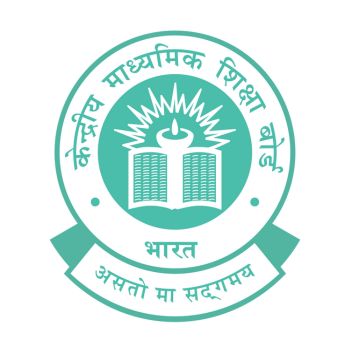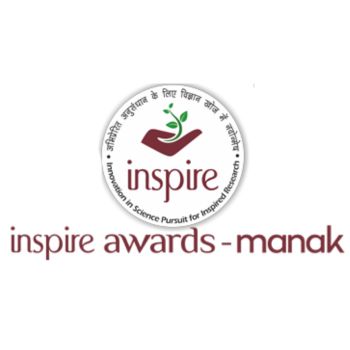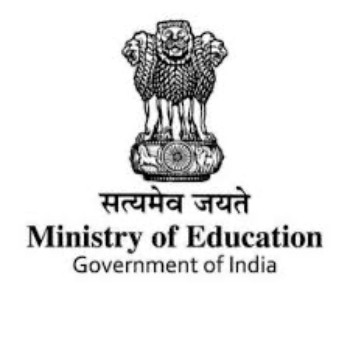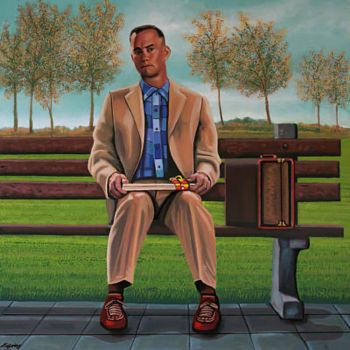This interview was conducted with Mr. Harinder Singh, a Computer Science Teacher at DAV Public School, Jamshedpur. Read this article till the end to know about his teaching experience!
Tell us a bit about yourself.
My name is Harinder Singh and I am a passionate Computer Science teacher currently working at DAV Public School NIT Campus, Adityapur. With a deep love for technology and a desire to educate the next generation of students, I have chosen this profession to make a positive impact on students’ lives.
As a computer science teacher, I am committed to providing a comprehensive education in this rapidly evolving field. I try to equip my students with the necessary knowledge and skills to excel in programming, problem-solving, and understanding various technological concepts.
At DAV Public School, I am grateful for the opportunity to contribute to the educational journey of my students. By nurturing their curiosity, igniting their passion for computer science, and guiding them on their path to success, I hope to inspire the next generation of innovators, problem solvers, and technology enthusiasts.
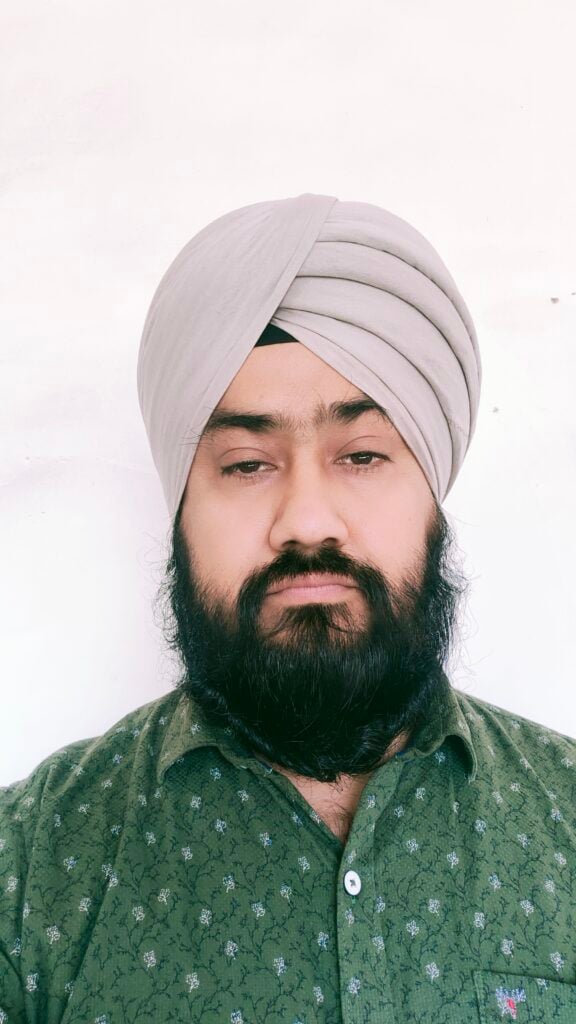
What does a day in the life of a teacher look like? What all tasks/activities do you do on a regular day?
A day in the life of a teacher can vary depending on the specific school, grade level, and responsibilities involved. However, here’s a general overview of tasks and activities that teachers may engage in during a regular day:
For Teachers:
- Planning and Preparation: Teachers typically start their day by reviewing lesson plans, preparing teaching materials, and organizing resources needed for the day’s lessons.
- Teachers spend a significant portion of their day delivering lessons, engaging students in learning activities.
- Teachers assess student learning through assignments, tests, projects, and other forms of assessment.
- Teachers often collaborate with colleagues and participate in team meetings.
- Teachers provide guidance and support to students, including addressing their academic needs, offering counseling, and resolving conflicts.
- Teachers communicate with parents/guardians to discuss student progress.
What has been your biggest learning in all these years? Given your experience, how do you think teachers can help students with learning disabilities in a better manner?
One of the biggest learnings in the field of education is the importance of individualized and inclusive approaches to learning. When it comes to students with learning disabilities, it is crucial for teachers to understand and accommodate their unique needs to provide effective support.
Here are some strategies that can be helpful:
- Early identification of learning disabilities allows for timely intervention and support.
- Teachers should be trained to recognize signs of learning difficulties and collaborate with specialists to develop appropriate strategies.
- Teachers should employ differentiated instruction techniques to meet the diverse learning needs of students with disabilities.
- Utilizing multiple senses can enhance learning for students with learning disabilities.
- Teachers can incorporate visual aids, manipulatives, auditory cues, and kinesthetic activities to reinforce concepts and engage different learning styles.
What’s the biggest challenge, in your opinion, that students are facing today?
In my opinion, one of the biggest challenges that students are facing today is the increasing pressure and stress related to academic performance and competition. Students often face high expectations from their families, schools, and society to excel academically, leading to intense competition and a fear of failure.
Social and emotional issues, such as bullying, peer pressure, and social media influence, can significantly impact students’ well-being and academic performance. It is important for students to maintain a healthy academic & social life balance, build meaningful relationships, and develop emotional resilience as essential skills to navigate these challenges effectively.
According to you, what is the best way for a student to manage their time so as to be able to strike a balance between academics, extracurriculars as well as an optimum social life?
Managing time effectively is indeed crucial for students to strike a balance between academics, extracurricular activities, and social life.
Here are some strategies that can help students manage their time efficiently:
- Identify your priorities and set clear goals.
- Develop a schedule or a timetable that includes dedicated time slots for studying.
- Explore different time management techniques.
- Eliminate or minimize distractions
- It’s important to recognize your limits and learn to say no to commitments that might overwhelm your schedule.
- Practice effective study techniques.
Do you have any message that you’d like to share with parents, teachers and students?
Certainly! Here are some messages for parents, teachers, and students:
Message for Parents:
- Encourage and support your child’s interests and passions.
- Help them explore a variety of activities and discover their strengths.
- Foster open communication and create a safe space for your child.
- Focus on holistic development rather than just academic performance.
- Nurture their emotional well-being, character, and values.
- Avoid placing undue pressure on your child.
- Encourage a healthy work-life balance.
- Be involved in your child’s education by maintaining regular contact with teachers.
Message for Teachers:
- Be a guide and mentor to your students, supporting their individual learning needs and goals.
- Create an inclusive and nurturing classroom environment.
- Recognize and celebrate the unique strengths and talents of each student.
- Continuously improve your own professional skills and stay updated.
Message for Students:
- Believe in yourself and your abilities.
- Embrace challenges as opportunities for growth and learning.
- Take ownership of your education.
- Prioritize self-care and well-being.
- Take breaks, maintain a healthy balance between studies, extracurricular activities, and social life.
Note: This interview is part of a series of interviews where we publish the thoughts & views of Teachers. If you’re interested in sharing your story, Please email Gurjit@NoticeBard.com!

